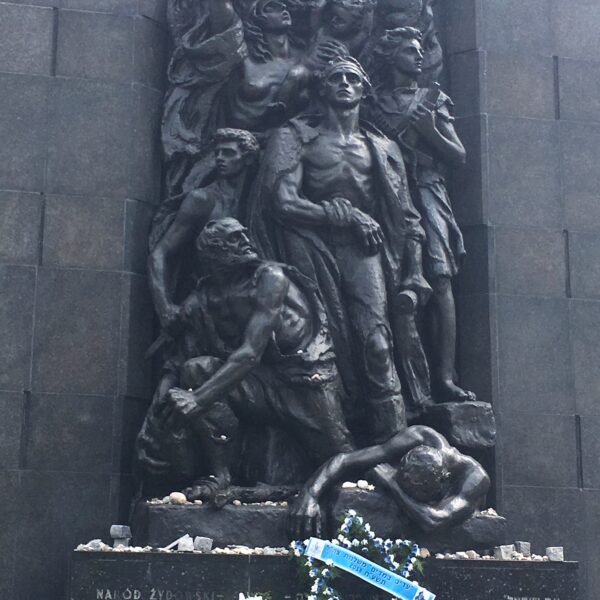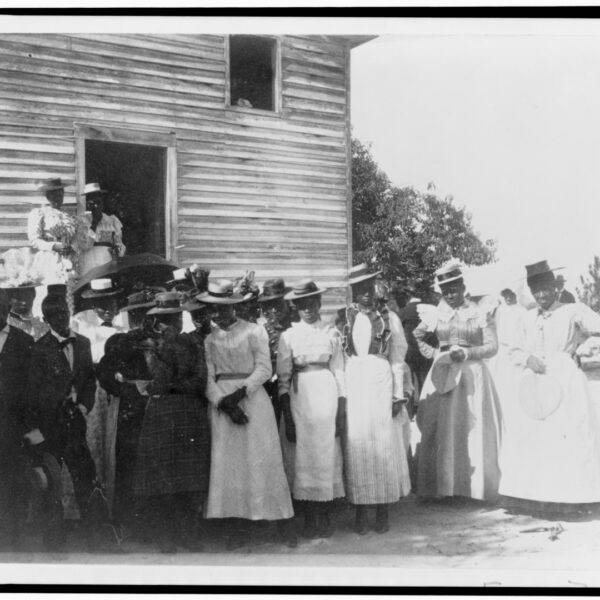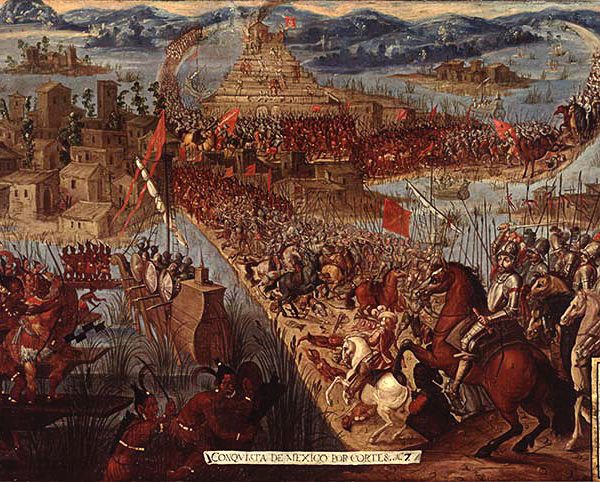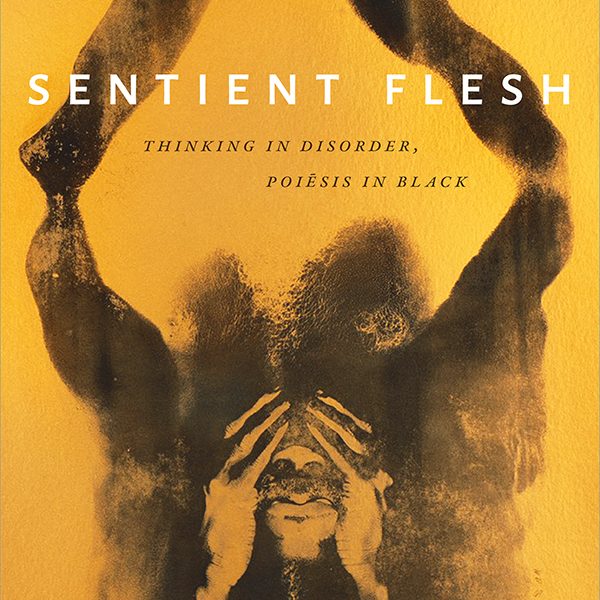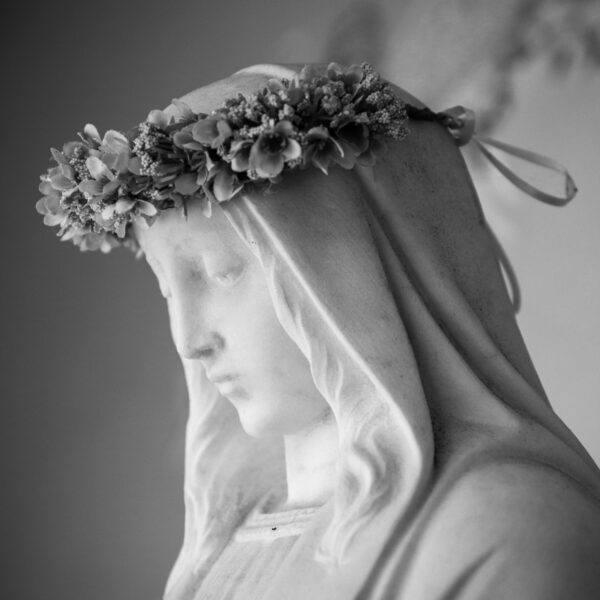
The Magnificat is a song that disrupts both gender and hierarchical spaces. It is a song of anticipation and a song of realization. And as we meditate on this song during advent, we meditate on the nature of advent that is both a time of anticipation and realization. Advent is an ambiguous space that invites us to anticipate and realize the erasure of differences here and now.

Regardless of our interrogation of it, the terminology of “religion” is operative in the world—not only among the scholars who frame it as a second-order category, but among our interlocutors and kinship networks. Given the baggage that often accompanies it, perhaps it is unsurprising that so many of us are hesitant to apply this label to the people, places, and practices to which we attach meaning.

The Gospel of Mark’s beguiling beginning bids us to consider the dangers of beginnings. John the Baptist’s heralding of Jesus’s coming was not the finality of salvation, but merely a herald to its coming. In this light should we consider our works of bringing God’s salvation and liberation to the world. The work of justice and liberation is long and hard, and many of us will be called to herald it, to lay the groundwork for its eventual manifestation.
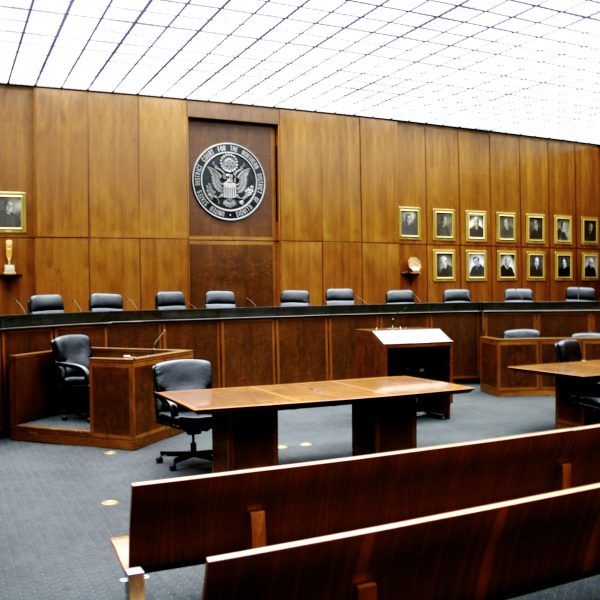
MOVE, while an illiberal religion characterized by abrasive rhetoric, is nonetheless an example of the religification of law and the legal system. MOVE activists refused to surrender the court to the state, seeing the legal system as a potential tool against the state, rightly beyond state control.

In the midst of a pandemic, can these Advent texts speak to our grief, both collective and personal, in political ways? These scriptures reveal that to grieve is to bear witness to our tears through righteous anger. They interrogate how our lives are structured along inequitable lines in this present moment and counter a simple return to how things were.

